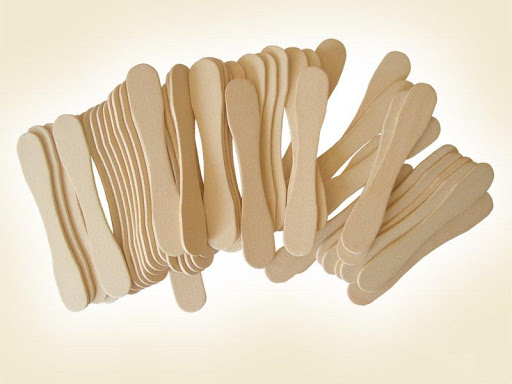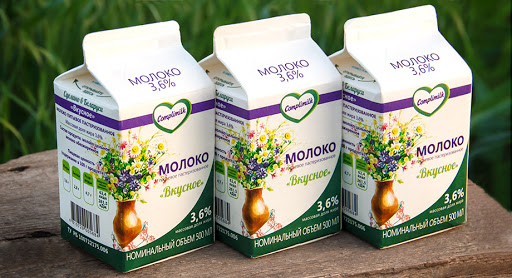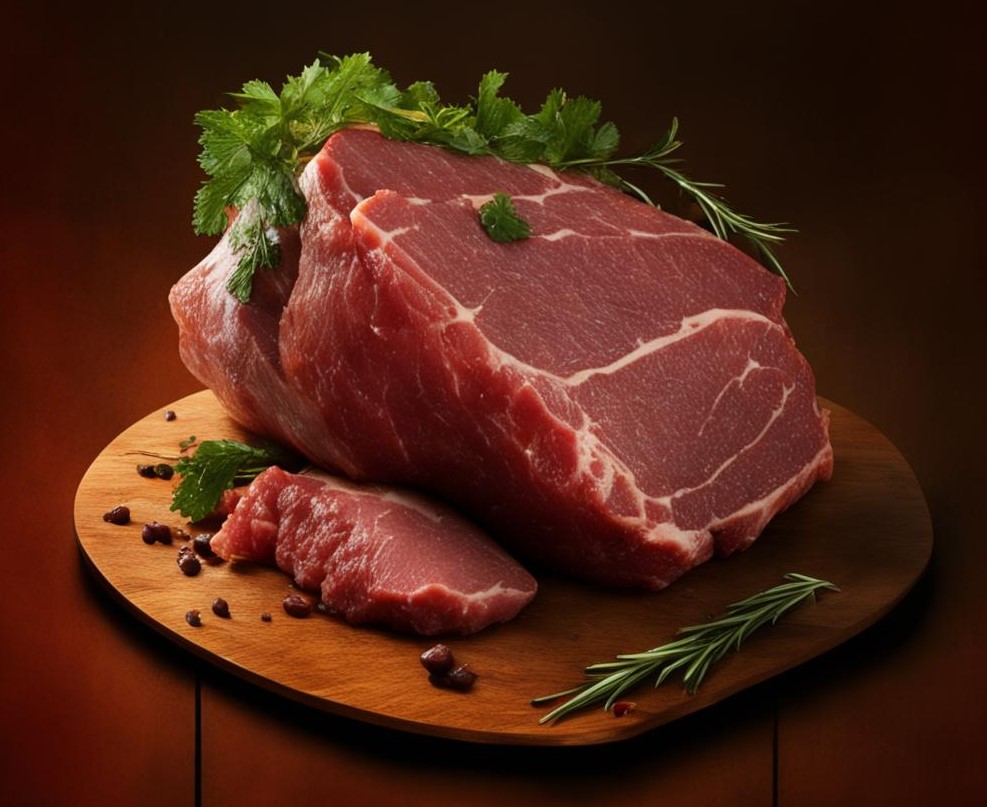Egypt proposes to create an international grain trading center in the country
Egyptian Foreign Minister Sameh Shukri proposed the creation of an international grain trading center in his country. He stated this during his speech at the UN General Assembly.
“Egypt has a unique geographical position, so we are ready to cooperate with the international community and create an international center for grain storage, supply and trade. This will contribute to collective food security,” Shukri said.
According to him, the covid-19 pandemic and the conflict between RUSSIA and Ukraine have exacerbated "the plight of the most vulnerable states." He also believes that the world community has not been able to implement food security programs for many years.
Turkish Foreign Ministry announced work on extending the grain deal with Russia Politics
On July 22, Russia and Ukraine separately signed agreements that allow the removal of grain from Ukrainian ports, stuck there after the outbreak of hostilities in the country. The negotiations were mediated by Turkey and the UN. At the same time, Russia and the UN signed a document according to which the organization will contribute to the removal of restrictions on the EXPORT of Russian agricultural products.
In May, REUTERS wrote that 300 thousand tons of grain destined for Egypt got stuck in Ukraine. Cairo is seeking to diversify its grain supply in order to increase its strategic reserves. In particular, Egypt agreed to buy Indian grain. According to the agency, in July the country purchased more than 1 million tons of wheat through tenders and direct purchases.
On July 28, Reuters reported that the Egyptian General Directorate for the Supply of Goods (GASC) released the Ukrainian companies Nibulon and Inerco Trade (owned by Kernel agricultural holding) from contractual obligations to deliver 240 thousand tons of wheat, which the state buyer booked for delivery in February and March . According to the agency, four batches of grain did not have time to be loaded due to the outbreak of hostilities in Ukraine. At the same time, there was no clause on force majeure in the contract, the sources indicated.
Read on RBC Pro Pro Four reactions to fear,that will only strengthen it Articles Pro How a driver's family created a business with a revenue of $ 5,99 billion Articles Pro Which assets are safer to invest in during a crisis Articles ProMorgan Stanley: obesity drugs will be a goldmine for big pharma Predictions Pro Existential Horror:why APPLE is bullying buyers Articles Pro Biohacking:how to unleash the potential of the human bodyhow Keanu Reeves lives Articles Pro 90 days before the shutdown of foreign cybersecurity systems.What to do InstructionsAgainst the background of the food crisis and rising prices for wheat, the Egyptian government issued a decree back in March regulating prices not only for subsidized bread, as before, but also for non-subsidized. The country's authorities also temporarily banned the export of all types of edible oils, corn, wheat, FLOUR, beans and a number of other products. Russia is the largest grain supplier to Egypt: by the end of 2020, the country imported about 80% of wheat from Russia.




















































